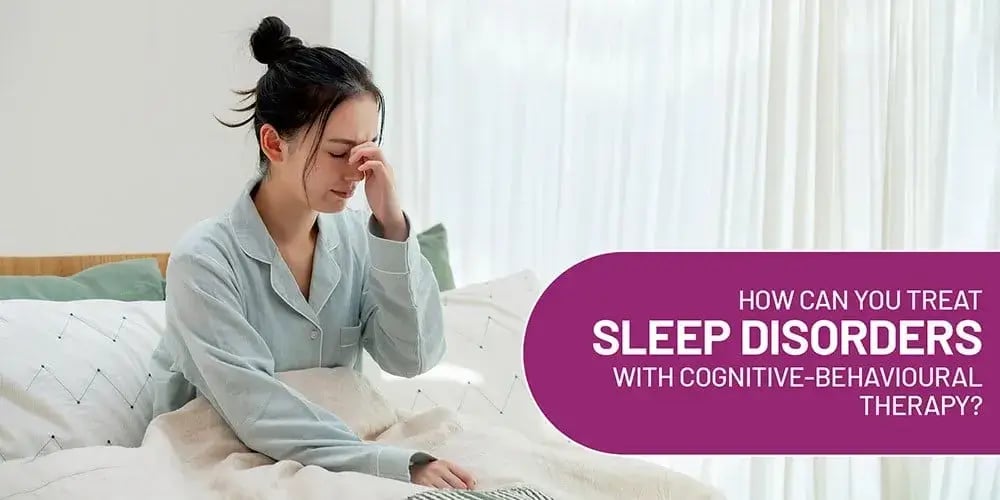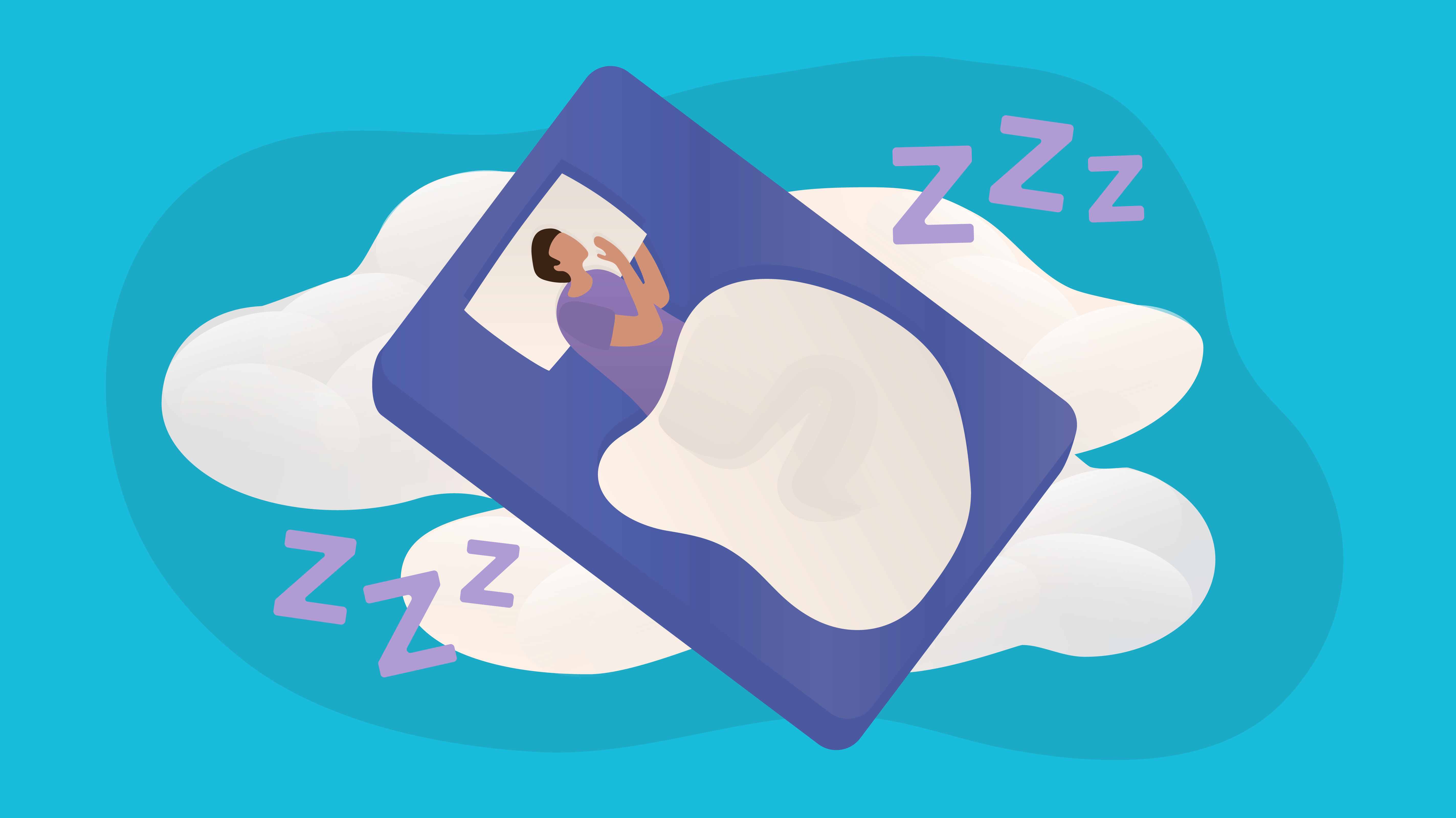Advanced Sleep Therapy - Achieve Deep, Relaxed Sleep
Advanced Sleep Therapy - Achieve Deep, Relaxed Sleep
Blog Article
Effective Treatment Solutions for Handling Sleep Disorders and Enhancing Relaxed Rest
In the realm of health care, the management of sleep disorders and the quest for relaxed rest are essential components of overall well-being. Reliable therapy solutions provide a multifaceted approach to take on these difficulties, ranging from cognitive behavior interventions to all natural techniques that advertise relaxation and mindfulness. The exploration of various strategies, consisting of the integration of drug and light therapy, opens up a world of possibilities in the pursuit of much better sleep top quality. As we navigate the intricate landscape of rest disorders and seek to boost our sleep experience, a deeper understanding of these therapy remedies may hold the secret to unlocking an extra rejuvenating and fulfilling corrective journey.
Cognitive Behavioral Therapy for Insomnia (CBT-I)
Cognitive Behavioral Treatment for Sleeping Disorders (CBT-I) is an organized, evidence-based therapy approach that concentrates on dealing with the hidden aspects adding to sleep disruptions. This kind of treatment intends to change actions and thoughts that exacerbate sleeplessness, inevitably advertising healthy and balanced rest patterns. CBT-I usually includes a number of vital elements, including cognitive treatment, rest restriction, stimulation control, and sleep hygiene education and learning.
Cognitive therapy helps people determine and alter negative thought patterns and beliefs concerning rest that might be preventing their capability to fall or remain asleep. Rest limitation includes restricting the quantity of time invested in bed to match the person's actual rest period, thereby enhancing rest effectiveness (insomnia therapy). Stimulus control methods assist establish a solid organization in between the bed and sleep by encouraging people to go to bed only when sleepy and to avoid taking part in stimulating tasks in bed
Furthermore, rest health education concentrates on creating healthy sleep practices, such as preserving a consistent rest routine, producing a relaxing bedtime regimen, and optimizing the rest setting. By addressing these variables thoroughly, CBT-I supplies a reliable non-pharmacological treatment for taking care of insomnia and enhancing total sleep quality.
Rest Hygiene Practices
Having developed the foundation of cognitive restructuring and behavioral alterations in resolving sleeplessness through Cognitive Behavior modification for Sleep Problems (CBT-I), the emphasis now changes towards exploring crucial Rest Health Practices for preserving ideal sleep top quality and general wellness.
Rest hygiene methods incorporate a variety of behaviors and environmental elements that can significantly impact one's capacity to go to sleep and stay asleep throughout the night. Constant sleep and wake times, creating a relaxing going to bed regimen, and optimizing the rest environment by keeping it dark, peaceful, and cool are crucial elements of great rest health. Restricting exposure to screens prior to going to bed, preventing stimulants like high levels of caffeine near going to bed, and involving in regular exercise throughout the day can also promote far better rest quality.
Furthermore, exercising leisure methods such as deep breathing workouts or meditation prior to bed can assist soothe the mind and prepare the body for rest. By integrating these sleep hygiene methods into one's daily routine, individuals can develop a healthy rest pattern that sustains relaxed rest and general wellness.
Relaxation Techniques and Mindfulness
Implementing relaxation strategies and mindfulness practices can play a pivotal duty in fostering a sense of calm and promoting quality sleep. Additionally, led imagery can aid carry individuals to a serene area in their minds, aiding in tension reduction and improving rest top quality.
Mindfulness practices, such as meditation and yoga exercise, are likewise effective in advertising relaxation and boosting sleep. Mindfulness urges people to remain present in the moment, allowing go of fret about the past or future. By incorporating these practices into a bedtime routine, individuals can signal to their bodies that it is time to relax and prepare for rest. Overall, integrating relaxation strategies and mindfulness methods can dramatically add to taking care of rest conditions and enhancing overall rest high quality.

Medicine Options for Rest Disorders
After discovering delayed sleep disorder leisure strategies and mindfulness practices as non-pharmacological treatments for boosting sleep high quality, it is vital to consider medicine choices for people with rest problems. In situations where way of life adjustments and therapy do not supply adequate relief, medication can be a beneficial device in handling rest disruptions.
Generally recommended medications for sleep problems consist of benzodiazepines, non-benzodiazepine hypnotics, antidepressants, and melatonin receptor agonists. Benzodiazepines, such as diazepam, are sedatives that can help generate rest, however they are generally suggested for temporary use because of the danger of dependancy. Non-benzodiazepine hypnotics like zolpidem are likewise utilized to deal with insomnia and have a lower risk of dependancy contrasted to benzodiazepines. Antidepressants, such as trazodone, can be advantageous for individuals with co-occurring anxiety and rest disruptions. Melatonin receptor agonists, like ramelteon, target the body's natural sleep-wake cycle and can be useful for managing rest patterns.
It is critical for people to talk to a doctor to determine one of the most proper medication option based upon their details rest problem and case history.
Light Therapy for Circadian Rhythm Policy
Light therapy, also called photo-therapy, is a non-invasive treatment approach utilized to manage body clocks and enhance sleep-wake cycles. This treatment includes exposure to bright light that imitates natural sunlight, which aids to reset the body's interior clock. By exposing individuals to particular wavelengths of light, typically in the morning or evening relying on the preferred impact, light therapy can successfully readjust the body clock to advertise wakefulness throughout the day and enhance relaxed rest during the night.
Study has actually shown that light therapy can be particularly valuable for people with circadian rhythm conditions, such as postponed sleep stage syndrome or jet lag. It can likewise be helpful for narcolepsy cure those experiencing seasonal depression (SAD), a kind of clinical depression that normally takes place throughout the winter season when all-natural light direct exposure is decreased. Light therapy is normally well-tolerated and can be made use of combined with various other treatment approaches for sleep disorders to maximize results and helpful resources improve overall sleep high quality.
Final Thought
Finally, efficient therapy remedies for handling sleep disorders and improving peaceful sleep include Cognitive Behavior modification for Sleep Problems (CBT-I), rest hygiene techniques, relaxation techniques and mindfulness, medicine alternatives, and light therapy for body clock policy. These methods can assist individuals enhance their sleep quality and overall health. It is vital to seek advice from a doctor to establish one of the most appropriate technique for dealing with rest concerns.
As we browse the elaborate landscape of rest conditions and seek to boost our rest experience, a deeper understanding of these therapy remedies may hold the key to opening a much more refreshing and satisfying restorative journey.
Sleep restriction entails restricting the amount of time invested in bed to match the individual's real sleep period, consequently boosting sleep performance. Consistent sleep and wake times, developing a relaxing bedtime regimen, and optimizing the rest atmosphere by maintaining it dark, peaceful, and cool are critical elements of good rest hygiene. Light treatment is normally well-tolerated and can be used in combination with various other treatment methods for sleep problems to maximize end results and boost total rest high quality.

Report this page